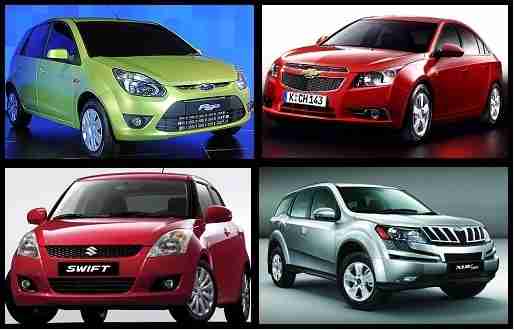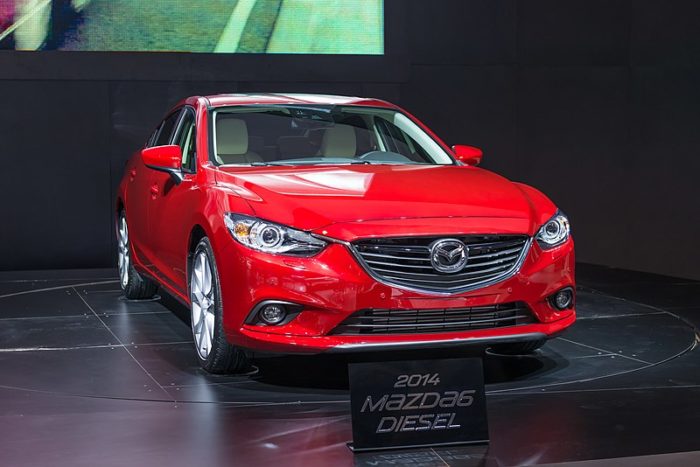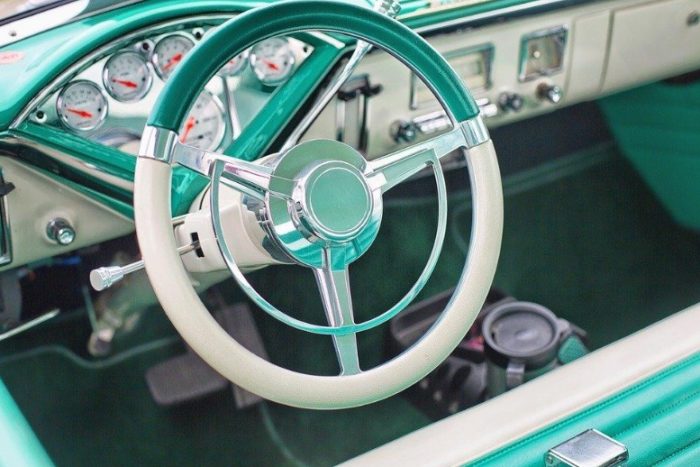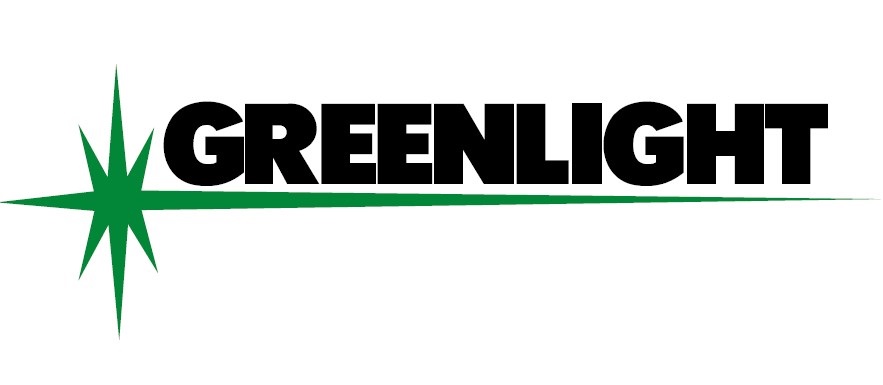Now Reading: How Do Diesel and Petrol Engines Impact Future Running Costs
-
01
How Do Diesel and Petrol Engines Impact Future Running Costs
How Do Diesel and Petrol Engines Impact Future Running Costs

How Do Diesel and Petrol Engines Impact Future Running Costs?
When you’re buying a new car, one of the biggest decisions you need to make is whether to opt for a diesel or petrol engine. This is especially true if you’re trying to save the most money on future running costs.
While diesels were always the cheapest option, these days that’s not necessarily the case anymore. Here, you’ll discover everything you need to know about the differences between the two and which could save you more on long-term running costs.
Which offers the cheapest fuel running costs?
The cost of fuel has increased significantly over the years. At one time, diesel cars were cheaper to fill up, but is this still the case?
Technically, yes diesel cars do offer cheaper fuel efficiency. However, you will notice the cost of diesel is slightly higher than it is for petrol. So, how is it cheaper? Well, you get more mileage out of diesel than you do with petrol. This means the long-term fuel costs are cheaper if you opt for a diesel.
Why you also need to factor in maintenance
It’s not just the running costs which need to be factored in. You also need to consider the maintenance costs. Diesel cars may be cheaper on fuel costs, but according to new research, they’re also more likely to break down.
A lot of diesel models are fitted with what is known as diesel particulate filters. They’ve been shown to easily clog if the car isn’t driven at motorway speeds. So, if you tend to only go on short journeys at slower speeds, a petrol engine could be the better option.
Are diesels still cheaper in the long term?
Diesel engines are still cheaper in the long-term than petrol engines. However, the time it takes to recover the costs has significantly lengthened in recent years. This is due in part, to the lower tax rate offered to diesel owners being revoked. They remain a little more expensive to buy and so it will take up to 11 years to start seeing savings according to some experts.
Even though diesels are typically more expensive to buy, you can take advantage of car finance from companies like the AA. This will make buying a diesel model much more affordable. You can use them to purchase used models too – saving you even further money.
When it comes to choosing between petrol and diesel engines, there really is no one size fits all. Different drivers have different needs, so a diesel may be better suited to some, while petrol is better suited to others. It’s best to take your individual circumstances into account, as well as the factors above.
Stay Informed With the Latest & Most Important News
Previous Post
Next Post
-
 01Polestar Boss Says It’s Time To Outrun BMW M And Mercedes-AMG
01Polestar Boss Says It’s Time To Outrun BMW M And Mercedes-AMG -
 02Spy Shots: 2027 Mitsubishi Pajero Spotted in Testing Ahead of Possible U.S. Return
02Spy Shots: 2027 Mitsubishi Pajero Spotted in Testing Ahead of Possible U.S. Return -
 032026 Toyota Hilux EV: A Powerful Truck with Silent Torque
032026 Toyota Hilux EV: A Powerful Truck with Silent Torque -
![2027 Mercedes-Benz S-Class Debuts with V8 Engine [Photo Gallery]](https://speedlux.com/wp-content/uploads/2026/01/2027-Mercedes-Benz-S-Class-33-155x125.jpg) 042027 Mercedes-Benz S-Class Debuts with V8 Engine [Photo Gallery]
042027 Mercedes-Benz S-Class Debuts with V8 Engine [Photo Gallery] -
 052026 Corvette ZR1 Production Surges Past Expectations as Output Clears 1,000 Units
052026 Corvette ZR1 Production Surges Past Expectations as Output Clears 1,000 Units -
 06Spy Photos: VW ID. Polo GTI Goes Electric with 223 HP and 280 Miles of Range
06Spy Photos: VW ID. Polo GTI Goes Electric with 223 HP and 280 Miles of Range -
 07The Controversial Ford Voodoo V8 That Was Killed Off Too Early
07The Controversial Ford Voodoo V8 That Was Killed Off Too Early



![2027 Mercedes-Benz S-Class Debuts with V8 Engine [Photo Gallery]](https://speedlux.com/wp-content/uploads/2026/01/2027-Mercedes-Benz-S-Class-33-700x394.jpg)











































